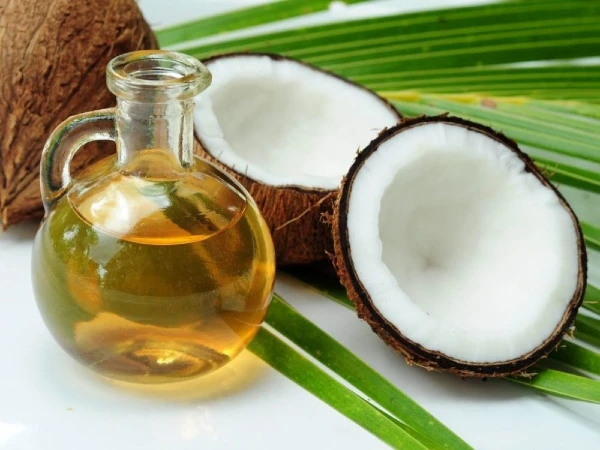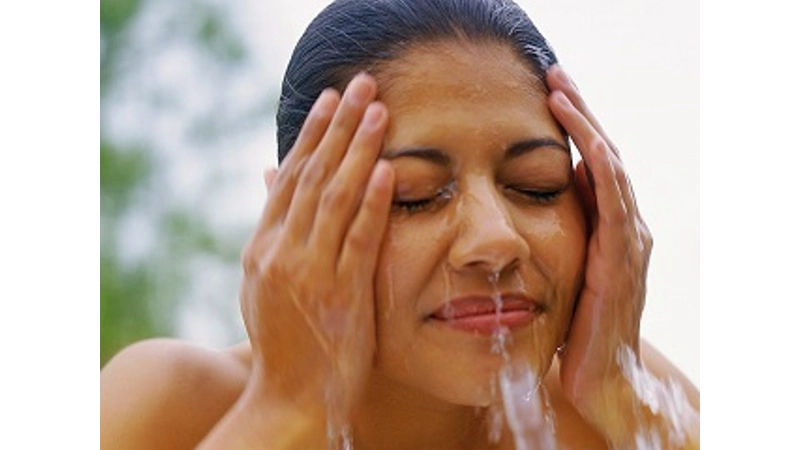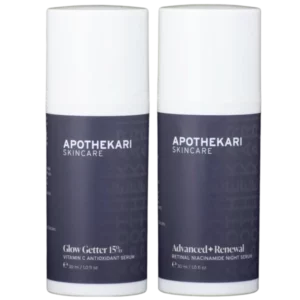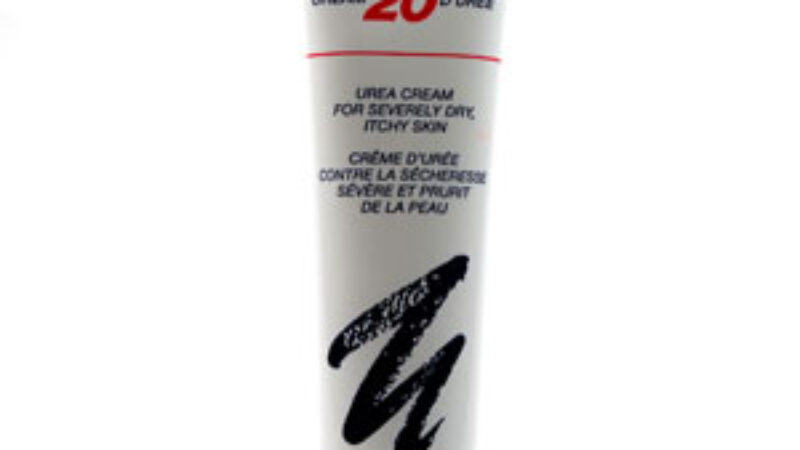The state of Illinois recently made headlines as the first jurisdiction in the world to ban the sale of cosmetic and personal care products containing microbeads, tiny plastic beads commonly found in facial exfoliators and body scrubs. Although the new state law does not come into effect until the end of 2019, this is seen as a giant step toward minimizing the amount of plastic pollutants in the Great Lakes.
*The Radiant Skin Set delivers exfoliation WITHOUT microbeads. Use it consistently for glowing skin.
What are Microbeads in skin care?
Microbeads, commonly made of polyethylene or polypropylene and often measuring only a fraction of a millimeter in size, have become increasingly used in beauty products over recent years. Too small to be filtered out by water treatment systems, these tiny plastic particles are washed down the drain, invariably ending up in our lakes, oceans and waterways.
Once the non-biodegradable microbeads have entered the ecosystem, there is the real potential for them to soak up contaminants and chemicals from the water and then be mistaken for food by fish and, in turn, make their way up through the food chain.
Recent studies, including those by the Institute for Environmental Studies and 5Gyres, have measured high counts of round plastic pellets, typical of the ones used in cosmetic products, in the Great Lakes, the Pacific Ocean and the North Sea with the highest concentration of plastic particles found in Lake Ontario. To put it into perspective for the consumer to understand, 5Gyres, a U.S. based organization aimed at reducing plastics pollution, randomly selected and analyzed a popular facial cleanser and found that a 4oz tube contained over 350,000 microbeads. A mere three tubes would result in over one million microbeads entering our waters.
What are alternatives to Microbeads?
Prompted by environmentalists, some manufacturers have voluntarily promised to phase out microbeads within the next few years. And although solving the problem of microbeads which already pollute our waters is complex, a simple start would be to choose cosmetics and skin care products that use natural alternatives such as coconut husk, ground almonds, and crushed walnut shells.
For example, Burt’s Bees uses sugar crystals in their Cranberry & Pomegranate Body Scrub to gently polish the skin without the environmental damage.
You can also rely on exfoliating ingredients including, alpha hydroxy acids, vitamin C and retinoids.

What products have Microbeads?
Body scrubs, hand soaps and facial exfoliators are not the only products that may contain microbeads. A quick search in the bathroom revealed polyethylene as an ingredient in, surprisingly, my toothpaste. Needless to say, I’m switching. Every little bit helps.




